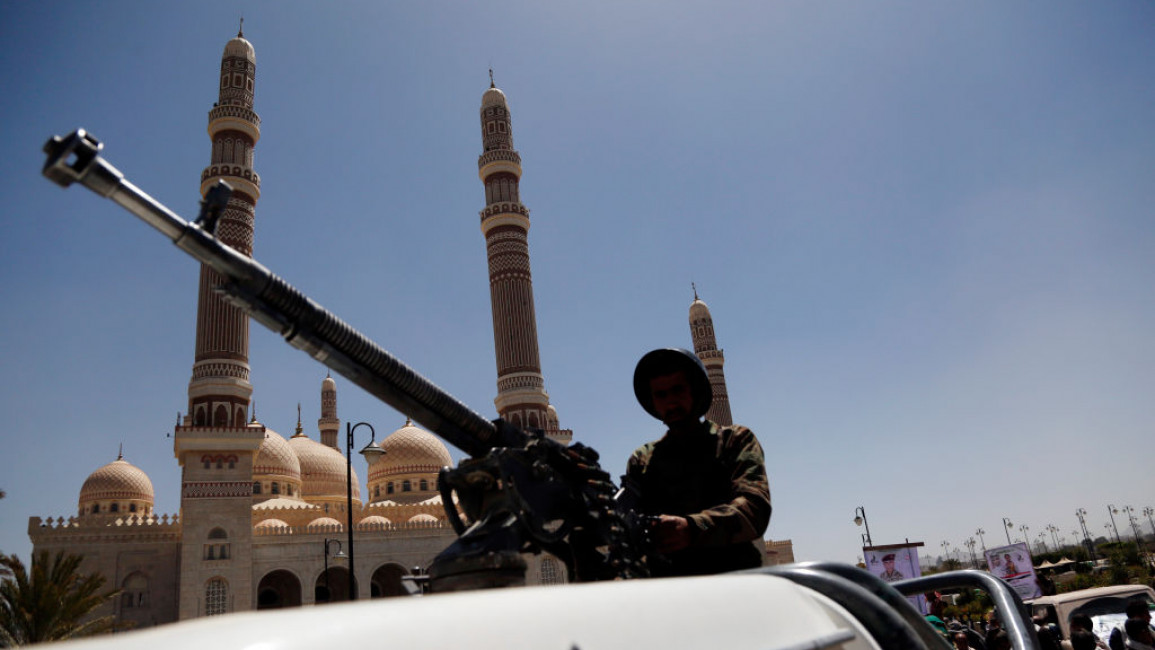Yemeni workers in Saudi at risk of forced returns, HRW warns
Human Rights Watch has called on Saudi Arabia to stop laying off Yemeni employees, warning that this could force them to return to the humanitarian crisis in the war-torn country.
Yemen has been embroiled in a conflict between the government, which is backed by a Saudi-led military coalition, and the Iran-allied Houthi rebels since 2014 - creating what the United Nations calls the world's worst humanitarian crisis.
Saudi authorities in July began "to terminate or not renew contracts of Yemeni professionals," HRW said in a statement on Tuesday.
The rights group cited local Saudi media reports that said new regulations require businesses to limit the percentage of workers from certain nationalities - including 25 percent for Yemeni citizens.
"Saudi authorities should suspend this decision and allow Yemenis to remain in Saudi Arabia with the ability to work," said the group.
Saudi authorities did not immediately comment when asked by AFP.
Approximately two million Yemenis work in the kingdom, according to Yemeni government data from 2020.
"Saudi authorities are effectively laying off and threatening to forcibly return hundreds, possibly thousands, of Yemeni professionals to an ongoing conflict and humanitarian crisis in Yemen," the statement quoted Afrah Nasser, Yemen researcher at HRW, as saying.
"Saudi Arabia is always seeking praise for its 'humanitarian contributions' to Yemen, but this decision puts many Yemenis at serious risk."
The war in Yemen has killed tens of thousands, most of them civilians, and displaced millions, according to aid groups.
Some 24 million - more than two-thirds of the population - are in need of assistance, according to the UN.



